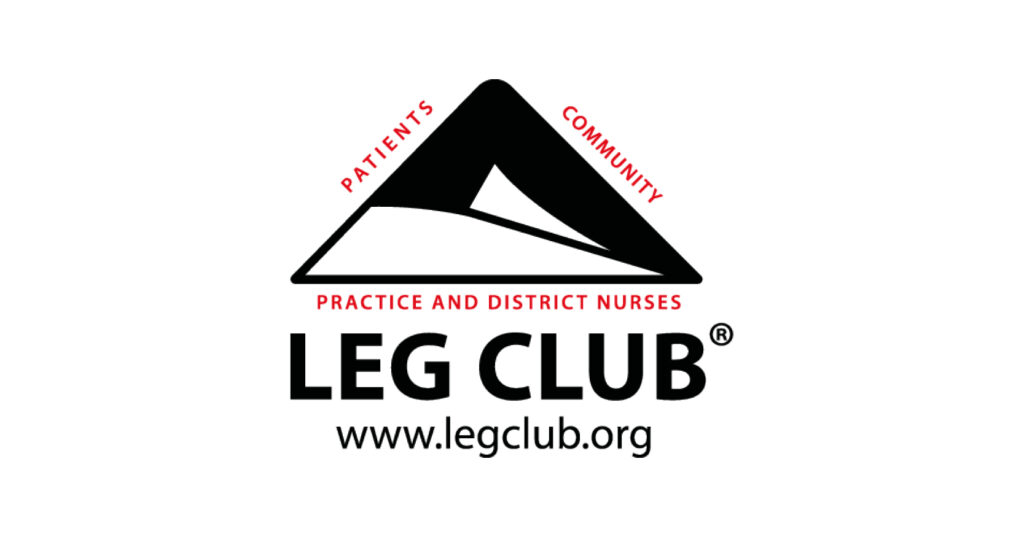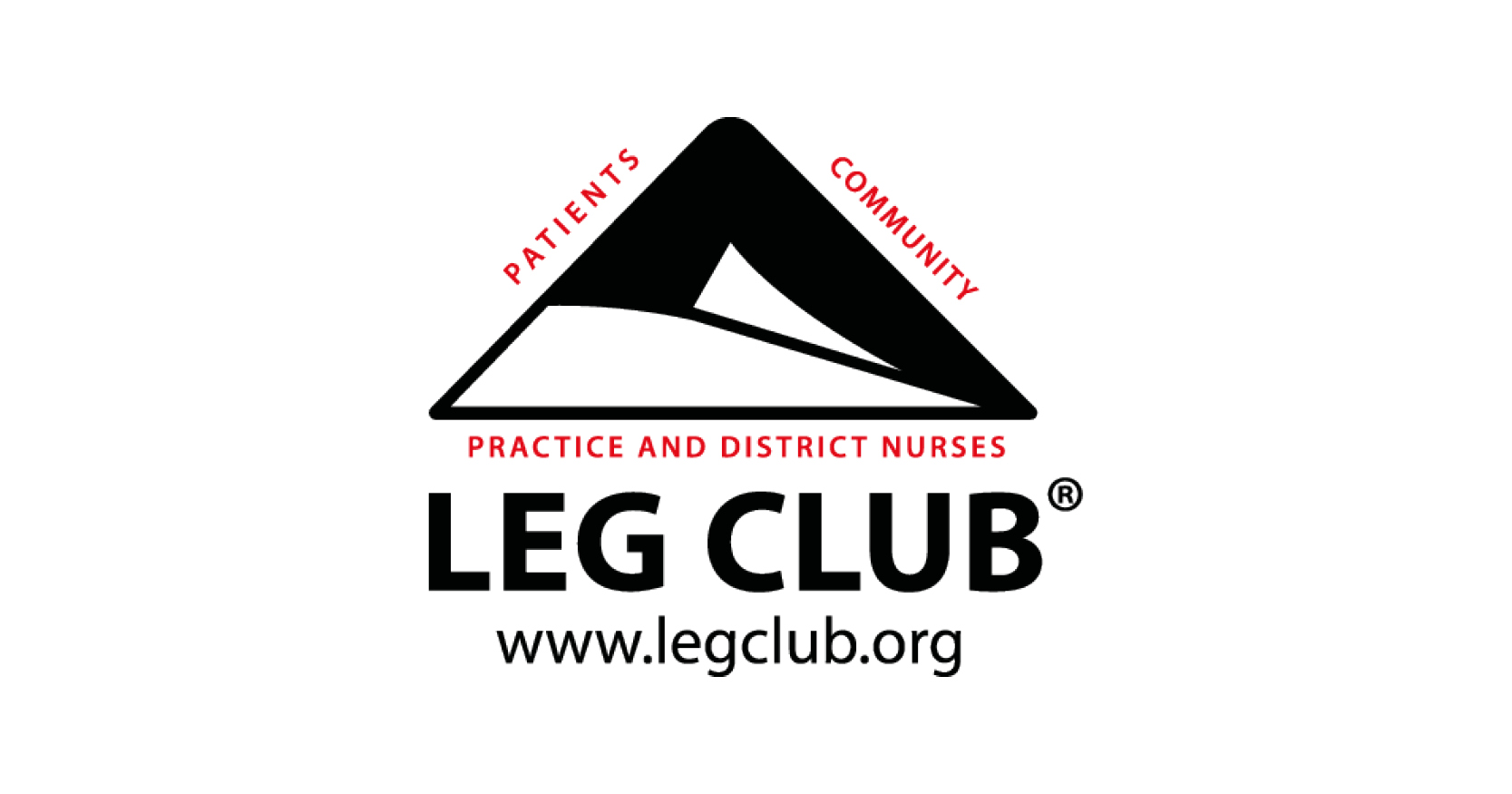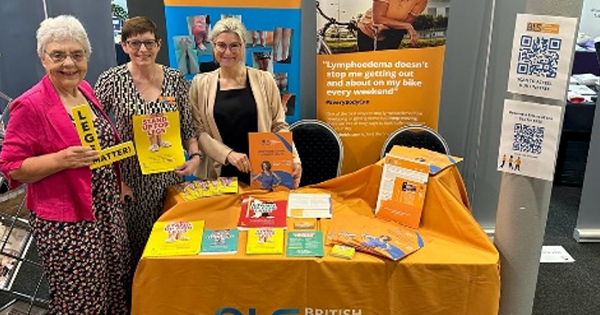The theme of the 2024 Lindsay Leg Club Annual Conference was ‘Do we have time to care?’ A thought provoking and timely subject.
During the conference, attendees rotated through seven workshops, each of which explored the conference theme in a different way.
This article discusses one of these workshops which had the working title “If I had more time”. It was presented by David Wales, facilitated by Cait Bain and supported by Helen Rodgers of L & R (Leg Club Industry Partner).
The session format was to simply ask two questions. For each one in turn, attendees were initially given a moment to consider and write their individual responses. They were then invited to share and discuss their answer with the group. It was hoped that by creating a relaxed but confidential and safe environment, attendees would feel able to be honest in their responses.
We began by asking:
“What are the things you (or colleagues) are currently doing that do not add to patient experience or outcomes?”
Most attendees seemed to find this easy to answer and had a clear idea of one or more activities that fell into that category. Perhaps unsurprisingly the most popular answer, by far, was various factors related to administration. In the time available we could not fully explore the range of reasons behind the response, but there was certainly a sense that there is a lot of unnecessary duplication or even administration that was perceived to have no or little value.
Other responses to the first question were also put into broad categories and using these the following themes emerged:emails; IT systems; meetings; training; travel; practice/other. What is immediately apparent is that these are, in effect, core functional activities of almost any organisation, and certainly not specific to health. So, the issue, as with administration, is not that they are completely unnecessary in themselves, but they could be done better in various ways. Not only in isolation, but also with greater awareness of the combined impact of these tasks – and with a greater appreciation of the fact that time spent unnecessarily or inefficiently on these is time lost to other more beneficial activities. This was something we considered in the second question:
If you had more time, what would you do?
Again, there was one answer that rose to the top, which was stated by almost every attendee. And that was the desire to spend more time with patients. Interestingly, in discussions it was appreciated that this was not just beneficial for patients, but it was also an important source of job satisfaction and wellbeing for staff.
Responses also revealed a number of other themes including the desire to spend more time with colleagues (direct or at different points of the patient pathway) and other professionals. The reasons for this included building relationships, collaborating and providing education or training. It was notable the desire for training was usually in relation to their own roles and in contrast to some of the generic (or “tick box”) training that was identified in question one as being felt to have little value in helping them do their jobs. The desire to have time for self development, research and improvement or innovation was also referenced. There was also a sense that some of the potential benefits of working with industry partners had been lost for various reasons and that these relationships had an important role to play.
In combination, the written answers and discussions to both questions did provide valuable insights for immediate actions and longer term consideration. An example of the latter which aligns with the conference theme very well, is whether we should value time to the same extent we do money. Not in a narrow controlling way but to recognise time as a scarce resource and to make sure staff are not unnecessarily distracted from using it in the way that best serves patients. If so, that may help address the desire of attendees to have more time with patients.
A finding that could be more immediately actioned was in relation to the issues raised in question one. As noted, these are all everyday and essential activities in most organisations. As such, it is likely that many organisations will already have, or be attempting to create, good practice in these areas. And in doing so, they may offer the health sector some ready-made solutions.
During the discussion, we briefly touched on some of the underlying reasons that may lead to time being lost to low-value activities. These include factors such as the role of trust, procurement, reward mechanisms and how concerns about legal proceedings all impact on culture, process and practice.
In conclusion, the session seemed to provide a rare opportunity for attendees to step back from their daily pressures and to reflect on the balance between how they used their time and how they would like to.
Finally, I would like to offer one observation. The desire to spend more time with patients, improving their experience and outcomes, came through strongly as being important to the attendees in every group. Knowing some of the challenges they face, it was incredibly heartening and encouraging to hear this. We must never forget that – despite the media focus on the politics or budgets – healthcare is ultimately about people. The people who care and those who need their help. From the written answers and the discussions, it was clear that the voice of the workshop attendees, as the people who see and know patients best is important and, in fact, essential for unlocking improvement. This, along with their compassion and continued desire to do the best for patients, are the most important lessons I took away and will share with others.
*The written responses were collated and shared with attendees for them to use as they felt appropriate.






